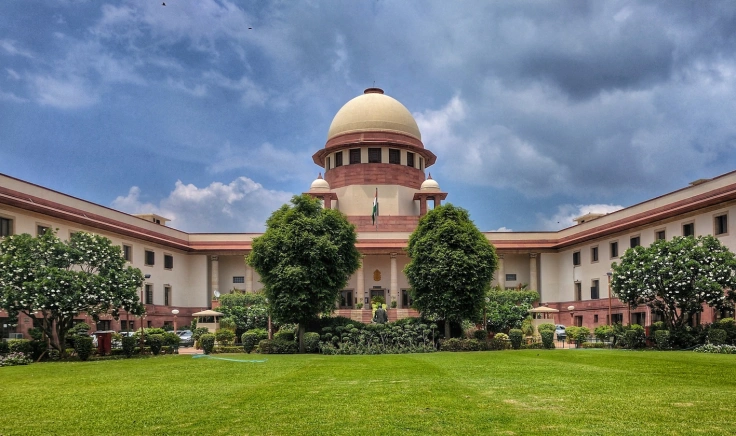New Delhi: The Supreme Court has reconstituted a special three-judge bench to reconsider its contentious July 2022 judgment that had upheld far-reaching powers of the Enforcement Directorate (ED) under the Prevention of Money Laundering Act (PMLA), 2002, sparking concerns over civil liberties and due process.
The new bench, comprising Justices Surya Kant, Ujjal Bhuyan, and N. Kotiswar Singh, will begin hearing the matter from May 7, 2025. Justice Singh replaces Justice C.T. Ravikumar, who retired earlier this year.
Background: Why the 2022 PMLA Judgment Raised Alarms
The July 2022 judgment, authored by then Justice A.M. Khanwilkar, upheld a series of amendments made to the PMLA through the Finance Act, 2019. The ruling had validated controversial provisions including:
-
Non-mandatory sharing of the Enforcement Case Information Report (ECIR) with the accused.
-
Reversal of the burden of proof — requiring the accused to demonstrate innocence.
-
“Twin conditions” for bail, under which bail could only be granted if:
-
The accused proves they are not guilty of the offence.
-
The accused demonstrates they will not commit any offence while on bail.
-
Civil rights advocates and petitioners — including Karti Chidambaram and represented by senior lawyers like Kapil Sibal and A.M. Singhvi — have long argued that these conditions violate the core principles of natural justice and the presumption of innocence.
Review Petitions Challenge ‘Process as Punishment’
The Supreme Court has clarified that the review is not an intra-court appeal but a “re-look” at the constitutional validity of the provisions upheld in the 2022 verdict. Over 240 petitions are being clubbed for this review.
Petitioners argue that the very process of investigation and incarceration under PMLA has become punitive, particularly in the absence of basic safeguards such as access to the ECIR. The result, they claim, is a system that prioritizes prolonged pre-trial detention and investigative discretion over fair trial and accountability.
Critics also argue that the law has been weaponized — disproportionately used against opposition politicians, dissenters, and activists under the garb of investigating financial crimes.
ED’s Powers vs. Constitutional Freedoms
While the court in 2022 called PMLA a unique tool in the global fight against money laundering, many legal experts contend that the “sui generis” status of the Act cannot justify the erosion of Article 21 rights — which guarantee personal liberty and fair procedure.
Solicitor General Tushar Mehta will defend the Union government’s position, emphasizing India’s international obligations under FATF (Financial Action Task Force) and the need to maintain robust financial crime enforcement.
The hearing is expected to be closely watched as it may redefine the limits of investigative powers under India’s anti-money laundering regime, and strike a new balance between state interests and individual liberties.


